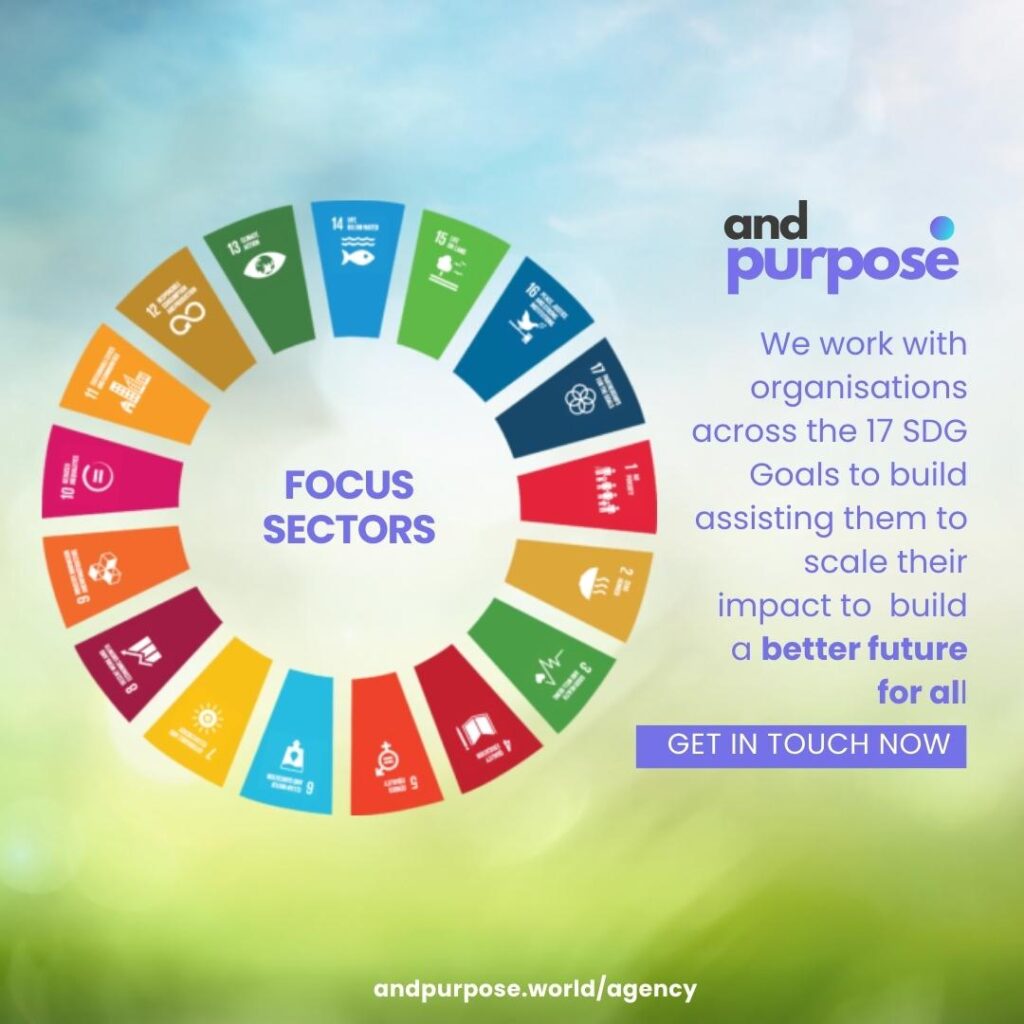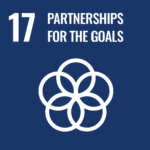
Application Deadline:
06 Jan 2026
About Organisation
The Science for Nature and People Partnership (SNAPP) is a unique global collaboration established by The Nature Conservancy (TNC) and the Wildlife Conservation Society (WCS). It focuses on generating practical, science-based solutions to complex environmental and social challenges. SNAPP brings together interdisciplinary teams from academia, government, multilateral agencies, and nonprofits to address pressing issues related to biodiversity conservation, climate change, water and food security, and sustainable development. Through a combination of research, data synthesis, and stakeholder engagement, SNAPP empowers decision-makers with actionable insights and user-friendly tools. Its working groups unite diverse experts to co-create innovative, evidence-based approaches that drive policy change and real-world impact. SNAPP’s commitment lies in bridging the gap between science and implementation, ensuring that conservation solutions are equitable, inclusive, and effective in enhancing the resilience of both nature and people worldwide.
About the Grant
The SNAPP 2025 Call for Proposals supports expert working groups that develop rapid, data-driven solutions to global environmental and human challenges. Each year, SNAPP allocates up to USD 1 million across 4–6 selected teams, each comprising 12–15 professionals from multiple sectors. The funding supports collaborative research on problems at the intersection of nature conservation and sustainable development. Projects are evaluated based on the significance of their research question, interdisciplinary approach, use of biophysical and socioeconomic data, and implementation potential. Selected groups receive financial and logistical support for in-person and virtual meetings, research activities, and collaboration facilitation. In addition to funding, SNAPP emphasizes inclusivity, encouraging participation from diverse regions, disciplines, and underrepresented communities, including the Global South. Successful proposals demonstrate tangible pathways for applying results to improve conservation policies and practices worldwide.
Who can Apply?
Eligible applicants include institutions such as universities, research organizations, NGOs, governmental and multilateral agencies, and other nonprofit entities actively engaged in conservation and sustainability. Applicants should demonstrate the ability to assemble an interdisciplinary working group of 12–15 members with expertise across both natural and social sciences. Each proposal must address a clearly defined problem at the intersection of human well-being and environmental conservation and propose methods for integrating biophysical and socioeconomic data. Teams must also include at least one full-time research fellow with a clear mentorship plan. Preference is given to groups demonstrating diversity in disciplines, demographics, and geographic representation, especially from the Global South. Applicants must identify committed partners interested in applying the group’s findings and provide letters of support from these organizations. SNAPP values collaboration, equity, and inclusion, ensuring that no single institution dominates the project.
How to Apply?
Interested applicants must first submit a concept note between November 3, 2025, and January 6, 2026. Only shortlisted concept notes will be invited to submit full proposals. Proposals should outline the research question, interdisciplinary team composition, proposed methods, expected impact, and partner engagement plan. All submissions must align with SNAPP’s mission of generating actionable, science-based solutions for sustainable development and nature conservation.
Application Deadline
SNAPP will accept concept notes for the 2025 Call for Proposals from November 3, 2025, until January 6, 2026. Late or incomplete submissions will not be considered.
Last Date To Apply
For more information, please visit the grant website here.








